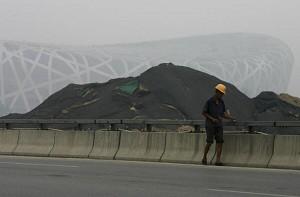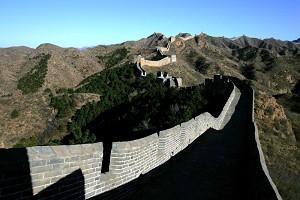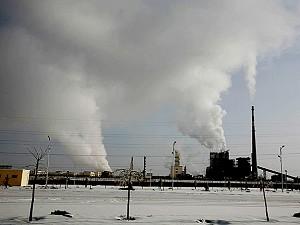BEIJING—Due to the 2008 Beijing Olympic Games, China’s intelligence agencies have stepped up efforts to collect information regarding foreigners who may stage demonstrations, aiming to prevent anything that may steal the limelight at the important moment.
Security experts and consultants familiar with this operation have expressed that Chinese agencies in charge of intelligence enforcement and think tanks are in the process of collecting information regarding foreign organizations deemed to pose potential threats, and the scope is not limited to the human rights organizations that have long criticized the Beijing administration.
The targeted foreign organizations include Christians who have long intended to put an end to China’s restriction on religious activities, advocates who are infuriated about the worsening global warming, as well as activists who have demanded that Beijing make use of its clout in purchasing oil from Sudan to help end the human right crisis in Darfur.
This is by far the most extensive intelligence-collecting operation against Beijing-alleged “foreign non-governmental organizations,” aiming to eliminate potential demonstrations and other political activities during the Beijing Olympic Games. Not only does the leadership of the Chinese Communist Party (CCP) want to boost its domestic popularity by hosting the Games, it also wants to improve its international image.
A person working with the Beijing Olympic organizing committee who chose to remain anonymous said, “The organizing committee is concerned about all potential demonstration activities, including any anti-American activities.” He added, “The CCP wants to know which categories of NGOs would come to Beijing and what their plans might be.”
The scope of the surveillance operation taken by Beijing this time is far more extensive than in the past, and most of the activities held by these foreign organizations are legal in most countries around the world.
In the meantime, the surveillance operation may also pose some risks to Beijing. Informed sources have indicated that the Chinese Communist regime is planning to suppress demonstration activities through denials of visa applications and heavy deployment of police forces. However, this may lead to negative news coverage making the International Olympic Committee and sponsoring companies nervous.
Scott Kronick, President of the Ogilvy Public Relations Worldwide, China, expressed that when consulted by an official of the Beijing Olympic Organizing Committee about the possibility of encountering protests over the course of torch relay, what was actually in his mind was how the authorities would deal with the demonstration.
Kronick pointed out, “I mean everybody should understand that even dissident groups resort to the activities like this. What you should worry about is how you can react to it and how you will react to it.” Among Kronick’s clients is Adidas.
Both of the Ministry of Public Security, which supervises Chinese police departments, and the Beijing Olympics organizing committee refused to give any comments on the matter, and the telephone number of the Ministry of State Security, which is a leading intelligence agency in China, and that of the State Council Information Office are not disclosed.




